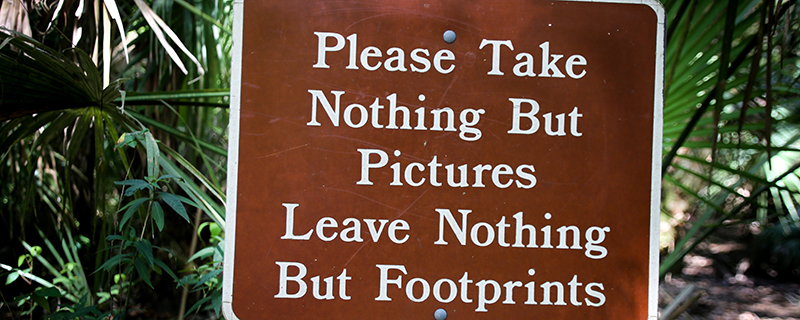
Photo by Florida-Guidebook.com on Unsplash
The role of business relations in achieving sustainability Goals is huge.
Today in my daily talks some thoughts about the link between ESG, supply chain and ecosystem.
The world is facing many challenges today, from climate change to social inequality, and these challenges require a united effort to address them. The United Nations has set 17 Sustainable Development Goals (SDGs) as a framework for sustainable development. These goals provide a blueprint for creating a more just, equitable, and sustainable world for all. However, achieving these goals is not something that can be done by governments and non-profits alone. The private sector must also play a critical role in promoting and achieving sustainability.
There is growing recognition among business leaders that they have a crucial role to play in achieving the SDGs. By adopting sustainable business practices, companies can reduce their carbon footprint, improve the welfare of their employees, and positively impact the communities in which they operate. However, this is just the beginning. To truly make a difference, companies need to go beyond their own operations and work collaboratively with other stakeholders.
Business relations provide a platform for companies to collaborate and drive sustainability across the value chain. By working with suppliers, customers, and other partners, companies can reduce their environmental impact, promote human rights, and support local communities. These efforts can have a ripple effect, creating positive change across entire industries.
Moreover, sustainable business practices are not just good for the environment and society; they are also good for business. Companies that embrace sustainable practices are more competitive, more resilient, and more innovative. By incorporating sustainability into their core business strategy, companies can create long-term value for their shareholders, employees, and customers.
To truly realize the SDGs, it is essential that businesses make sustainability a core part of their operations and work collaboratively across their value chains. By doing so, they can not only help to build a more sustainable future, but also create value for themselves and for society at large. And there needs to be a level playing field. If countries have different rules opportunistic short term value people will transfer their business to places they consider to be “hassle free”.
This is too important to let just one stakeholder (the shareholder) prevail above the others. The classic people, planet, profit is very valid and should be in a sustainable balance.
In a few years (2030) we need to report on it through the value chain. Reporting is however reactive. Let’s be proactive and start today. Make it part of your business and make it part of your suppliers and your customers.
Next week I will be spending with our fantastic client that has a mission to become fossil free at its core. I love it!
Follow & contact